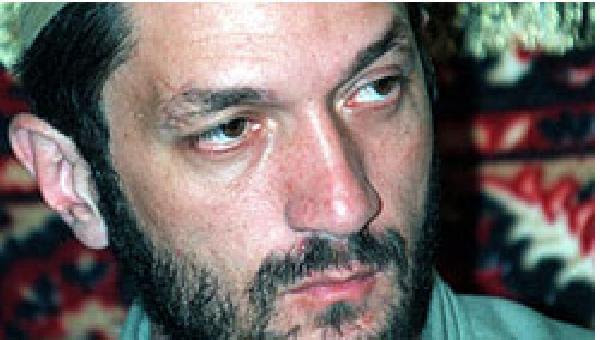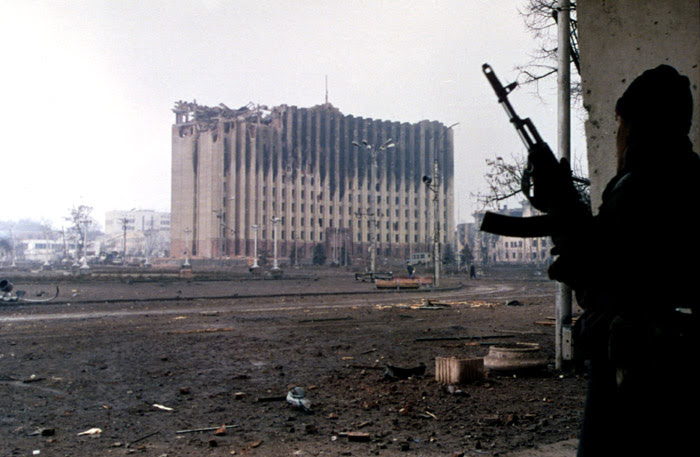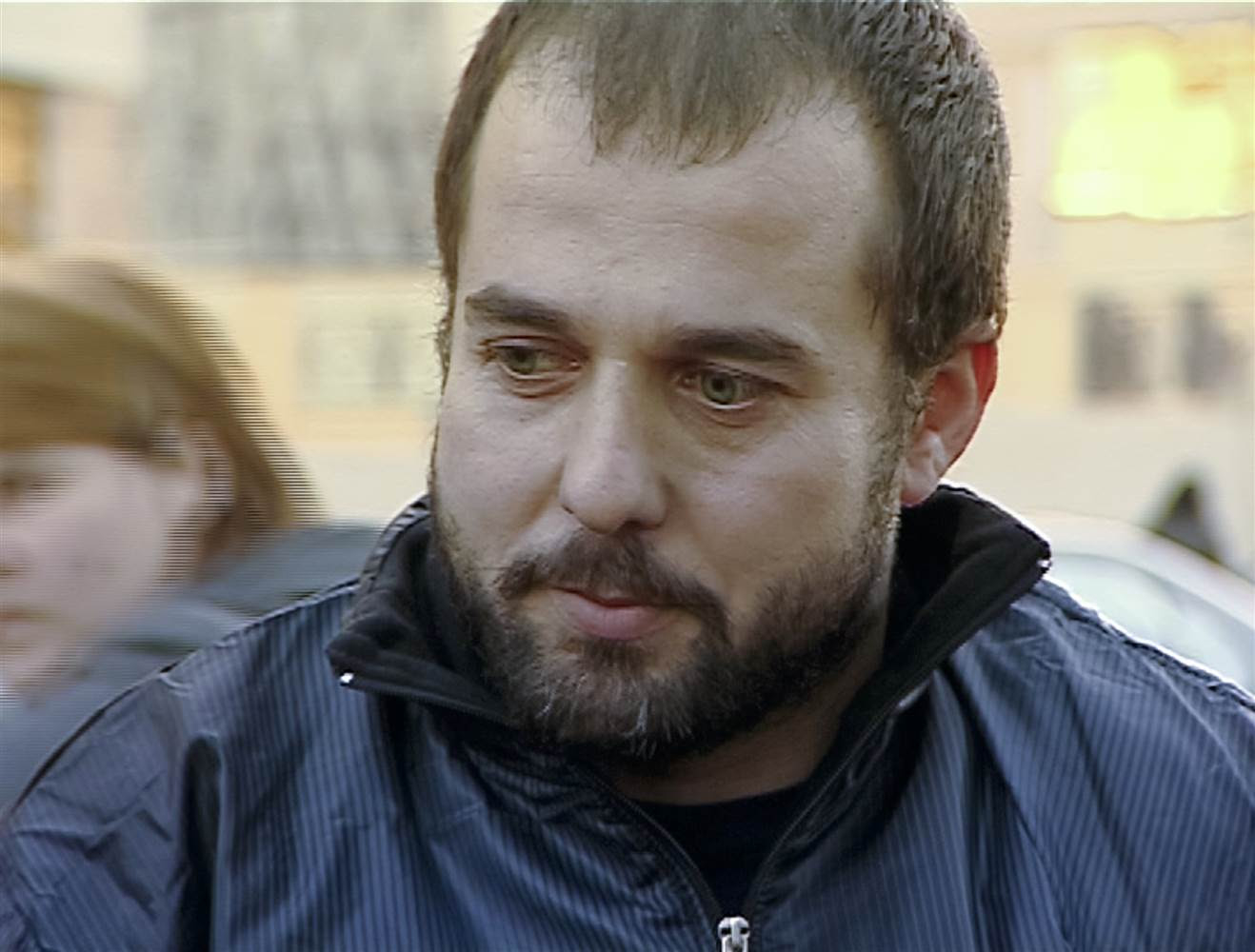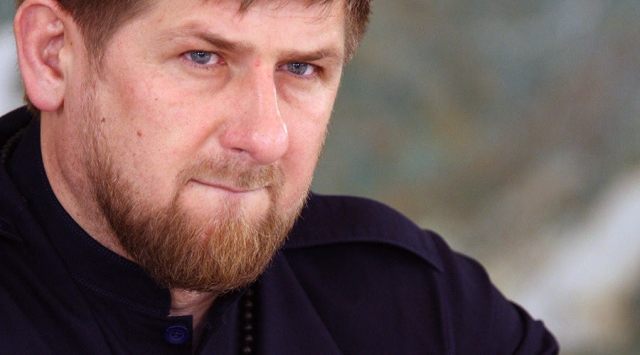Kadyrov Demands Hand Over of Chechens Residing in Turkey
GROZNY, Chechnya - Ramzan Kadyrov, the controversial president of Russia's restive North Caucasus republic of Chechnya, has demanded that Turkey hand over 12 Chechens he identifies as "terrorists", most of whom allegedly played key roles in Chechnya's brutal independence wars fought against Russia in the 1990s and the insurgency that followed.
In an Instagram post from July 5, Kadyrov said Turkish President Recep Tayyip Erdogan must immediately arrest and hand over the dozen men in question to Russia's feared FSB intelligence service - the successor to the Soviet-era KGB.
Topping the list of men who Kadyrov is demanding include Movladi Udugov, the former deputy prime minister, foreign minister and information minister under the first president of the Chechen Republic of Ichkeria, Dzhokhar Dudayev, in the 1990s.

Udugov was considered one of the first and principal ideologues of Chechen independence following the collapse of the Soviet Union. Udugov was one of the first members of Ichkeria's Congress to push for full independence from the then-newly established Russian Federation.
Udugov quickly became a close confident of Dudayev after the latter returned to Chechnya to lead the tiny Muslim region's independence drive after years as a Soviet Air Force general.
Armed with nothing but a satellite phone, Udugov gained widespread international notoriety during the 1994-96 First Chechen War for his ability to convey the fledgeling republic's message to the outside world in a more viscerally convincing way than the Kremlin's chief propagandists.
Following the conclusion of the war, Udugov ran for president of Chechnya in 1996 and briefly served in the administration of commander-turned-president, Aslan Maskhadov, before resigning after a major falling out with Maskhadov over the role of religion in the war-ravaged republic.
Udugov left the republic shortly after the launch of the 1999-2001 Second Chechen War and quickly disappeared from public view.
Stories of his whereabouts circulated for years, but most reports indicated that had lived semi-openly in Turkey since the mid-2000s. His lack of a public presence meant Udugov lost nearly all of his influence on the Chechen independence movement, but his ability to avoid capture and numerous assassination attempts is a major irritant for Moscow.
Along with former Prime Minister Akhmed Zakayev and Foreign Minister Ilyas Akhmadov - both of whom were field commanders currently living in the West - Udugov is the only surviving high-ranking official from Chechnya's original national liberation movement.
Udugov has not been quiet since his withdrawal from the public eye. He helped establish the Kavkaz.org website in the early-2000s to continue disseminating information about the Ichkerian movement but later broke with Zakayev and the secular government-in-exile as he allied himself with militant Islamist Chechen commanders.

In October 2007, Udugov authored the proclamation that dissolved the Chechen Republic of Ichkeria in place of a Salafist Caucasus Emirate covering most of the North Caucasus, under the leadership of rebel leader Doku Umarov.
In addition to demanding Udugov's extradition, Kadyrov said Erdogan must hand over Umarov's brother Akhmed and Shirvani Basayev, the brother of notorious rebel commander Shamil Basayev.
The latter Basayev was the mastermind behind the Budyonnovsk hostage crisis in June 1995, when Basayev's men took more than a 2,000 new mothers and children hostage at a maternity ward in southern Russia. He later ordered the capture of a school in the Russian town of Beslan in September 2004, killing hundreds in the attack, including more than 300 children.
Shamil Basayev was killed in an FSB operation in July 2006 while attempting to cross into Chechnya from the neighboring North Caucasus republic of Dagestan. Both Akhmad Umarov and Shirvani Basayev are known to have lived openly in Turkey since the mid-2000s.
Basayev fought alongside his brother Shamil in Abkhazia in the bloody 1992-93 separatist war against Georgian government forces, and later became a prominent commander in the Chechen independence movement.
The two brothers played a key role in the events leading up to Russia's second invasion of Chechnya in August 1999 when the two led a 1,800 strong invasion force of Islamist fighters into Dagestan in an unsuccessful attempt to aid local Salafists in establishing a new Chechen-Dagestan Islamic Republic.
The invasion of Dagestan is often regarded as the casus belli for Russia launching the Second Chechen War.

Kadyrov is also demanding that former Caucasus Emirate field commanders Makhran Saidov, Tarkhan Gaziyev and Aslambek Vadalov, three of an estimated one dozen Chechen insurgent leaders who recently renounced their affiliation to the Emirate and instead transferred their allegiance to ISIS.
According to RFE / RL's North Caucasus Service, Gaziyev said he had left Chechnya nearly two years ago for Syria, where he is commanding a group of ISIS fighters from the North Caucasus and Georgia's Pankisi Gorge - an isolated mountain region home to Georgia's Chechen population.
The most notable name of Kadyrov's list is that of Akhmed Chatayev; the alleged masterminded of the June 28 suicide bombings at an Istanbul airport that killed 45 people and left hundreds more injured.
Kadyrov claims that Chatayev, who fought under the command of Shamil Basayev during the Second Chechen War and later the European spokesman for Caucasus Emirate founder Doku Umarov until his death in 2013, was an intelligence officer trained by Austria (where he was granted political asylum in 2003) and Georgia in asymmetrical warfare tactics that were to be used against Russia and Kadyrov's autocratic regime in Chechnya.
Kadyrov's mention of Austria is not surprising considering it is home to Europe's largest Chechen refugee community, all of whom were given asylum in the country following the devastating wars of the 1990s. Kadyrov has repeatedly claimed that former fighters and ex-Ichkerian officials from the Chechen community in Austria are actively attempting to use any means necessary to remove him and his pro-Russian government from power.
According to Kadyrov's claims, Chatayev was given large sums of money from Austria's intelligence services that were to be funnelled to Chechen insurgents under the command of Huseyn Gakayev. In August 2012, Kadyrov claims that he was instructed by Austrian intelligence to recruit Chechen volunteers in Georgia to carry out attacks on Kadyrov's regime, RFE / RL reported in late June.
Chatayev was later detained in September 2012 in Georgia's Lopota Gorge, following a major firefight with Tbilisi's interior ministry troops, who were carrying out a counter-terror operation against ISIS-affiliated militants from Pankisi and Chechnya. Chatayev, who had wounded in the leg during the exchange, was arrested and charged with being in possession of explosive devices.
In the ensuing investigation, Georgian authorities discovered that Chatayev had spent more than two years in the country, where he married a local Chechen woman in Pankisi and carried out recruiting activities first for the Caucasus Emirate and later for ISIS.
He was later acquitted after chief investigator Ucha Nanuashvili concluded that he had played no part in recruiting the volunteers, but was instead only used as a mediator between militant groups.
Chatayev briefly disappeared following his release but was later identified as the leader of an ISIS cell based in Istanbul.

Kadyrov's demands to the Turkish government are likely an attempt by the Chechen strongman and elements of Russia's security services to test the depth of the recent thaw in relations between Moscow and Ankara.
Last week, Turkey's President Erdogan formally apologized to Russian President Vladimir Putin for the death of a Russian pilot who was shot down in November after completing a combat mission in northern Syria.
The pilot briefly violated Turkish airspace after carrying out a bombing run against forces opposed to Syrian dictator and staunch Moscow ally, Bashar al-Assad.
NATO-member Turkey, which vehemently opposes Assad, claimed the airspace violation was one of many that had occurred in the weeks and days leading up to the shootdown.
The Kremlin quickly slapped severe economic sanctions on Ankara for the incident and banned Russian citizens from travelling to Turkey - a major blow to Turkey's largest industry, tourism, which is dominated by Russian holiday-makers on package tours.
Upon receiving a personal apology from Erdogan, Putin quickly cancelled the travel ban and ordered an end to the harsh sanctions that have crippled Turkey's agricultural export industry.
By Nicholas Waller












